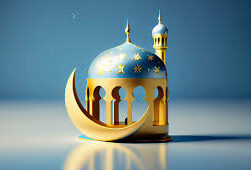


आयुर्वेद के अनुसार खजूर के गुण आयुर्वेद में खजूर को एक अत्यंत लाभकारी और पौष्टिक फल माना गया है। खजूर में मिठास, पोषण, बल बढ़ाने वाले, थकान मिटाने वाले,…
सर्दी के मौसम में कौन सा बिजनेस करें आज की इस पोस्ट में हम आपको बताने जा रहे हैं कि सर्दियों के मौसम में कौन सा बिजनेस शुरू करके…